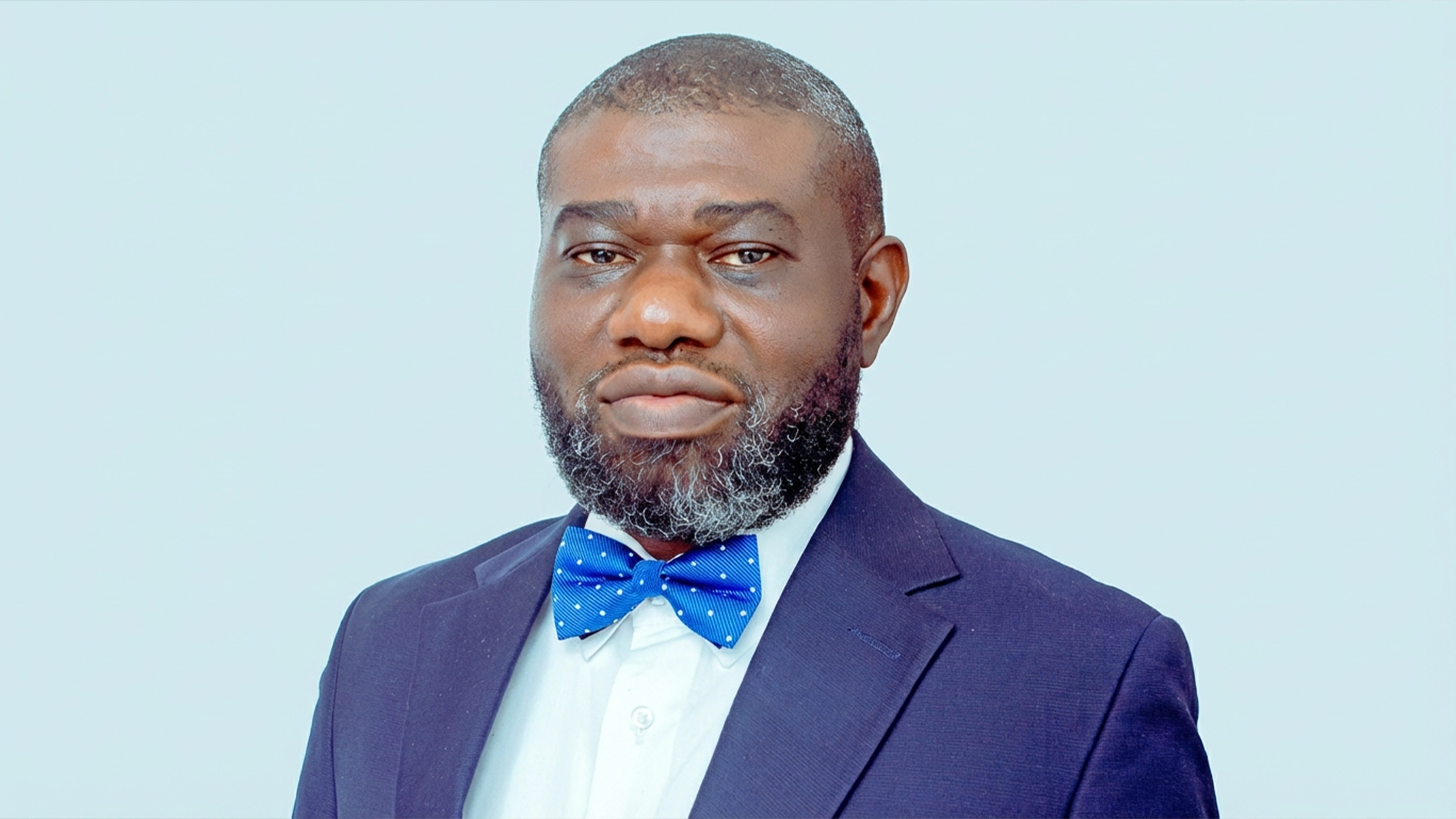SIR: Nigeria’s booming property market is being tarnished by a surge of fraud as unlicensed “quack” estate agents lure buyers and tenants with bogus deals. Industry bodies and regulators say victims from Abuja, Lagos to Port Harcourt are losing millions of naira to con artists posing as agents. Licensed estate surveyors and valuers – the only professionals legally authorised to handle property transactions are urging the public to verify credentials or risk grave loss.
Licensed estate surveyors and valuers (ESVs) are degreed professionals who undergo years of training and are registered and regulated by law. By statute, only a certified ESV may conduct valuations or manage property transactions.
They belong to the Nigerian Institution of Estate Surveyors and Valuers (NIESV) and must hold a licence from the Estate Surveyors and Valuers Registration Board of Nigeria (ESVARBON).
These professionals must follow strict ethical codes and provide transparent, legally compliant services. In sharp contrast, unlicensed “estate agents” on the street typically have no formal certification or regulatory oversight.
They often exploit buyers’ unfamiliarity with titles and paperwork, using fake sales agreements, forged receipts or outright lies to bilk victims. As one industry commentator explains, quacks “exploit unsuspecting investors through fraudulent schemes such as fake listings, false promises… or selling non-existent properties.”
Real-life cases show the toll. In Lagos, the nation’s commercial hub, scores of Nigerians have been swindled. On Anuoluwapo Street in Ejigbo, nearly 200 prospective tenants each paid ₦300,000–₦500,000 for apartments that never materialised.The landlord and agent vanished, leaving empty flats and an estimated loss of over ₦60 million. Investigations revealed the landlady had colluded with the rogue agent to defraud renters.
Other Lagos scams are legion: reports show 113 people in Akoka were duped of more than ₦51 million and 66 in Gbagada lost about ₦16 million on bogus rentals.
Abroad the menace is real too: in Abuja, a developer was sentenced to 24 years in prison for fraudulently obtaining $298,000 and ₦48 million under false pretenses. Fraud is not confined to Lagos. In Ogun State, police say one estate hustler collected ₦3.9 million from nine customers for promised housing that never materialised.
Down south in Rivers State, analysts estimate property scams have approached ₦100 million in just a few years, including an agent who tried to swindle victims of ₦25.4 million and ₦16.2 million in land sales. These documented cases spanning Lagos, Ogun, Rivers, and the Federal Capital Territory – underscore the widespread nature of the problem.
The human cost is severe. Victims often lose life savings or loans, leaving families in financial ruin. Analysts note that these losses bring “emotional trauma, stress, disappointment, mental health challenges [and] strained relationships” on top of the hit to savings. Many cannot pursue actual legal remedies; police and courts are inundated with land-fraud cases.
One Lagos investor reports that after being defrauded, she abandoned her dream of owning property in the city. Experts warn that repeated frauds breed distrust: as one commentator puts it, quackery damages “public trust” in real estate and undermines economic confidence.
Professional bodies and regulators are sounding the alarm. The past President of NIESV, Dr. Bolarinde Patunola-Ajayi told a national conference that eradicating quacks “is a big fight that the government must address” to protect Nigerians.
He noted that the law specifies who may practise and urged people to “patronise professionals… to guard against being defrauded.” His statements echo cautionary advice from other experts: one real estate specialist explained that licensed surveyors are by law “the custodian of valuation standards,” registered by ESVARBON and accountable to ethical rules. Whereas “the average street-level agent… is often not registered with any regulatory body.”
ESVARBON itself emphasises integrity among its ranks. In a recent induction ceremony, its board reminded new surveyors to “shun any corrupt tendencies and uphold integrity” in practice.
The board noted that a qualified, registered surveyor should be the “basis for market confidence.”
Intercessory other words, licensure and transparency are measures meant to protect the public. The message to consumers is consistent: Always engage a licensed surveyor or valuer for property transactions. “Nigerians are urged to patronise licensed Estate Surveyors and Valuers to secure their investments, ensure transparency, and foster a trustworthy real estate environment.”
One estate professional wrote. In practice, this means insisting on written, stamped contracts, verifying a firm’s ESVARBON licence and demanding official receipts. If a deal sounds too good or involves undue pressure, consumers are advised to back away.
As fraud cases mount, industry leaders warn that Nigeria’s housing sector cannot thrive on deceit. They call on lawmakers to tighten regulations and give regulators teeth – for example, by amending the laws that govern real estate practice to explicitly ban unlicensed brokerage nationwide.
Only with stronger oversight, consumer education and cooperation between federal and state agencies can the scourge of quack estate agents be stamped out and the public’s faith in the housing market restored.
Esther Tuase, an Estate Surveyor and Valuer, wrote from Abuja.






